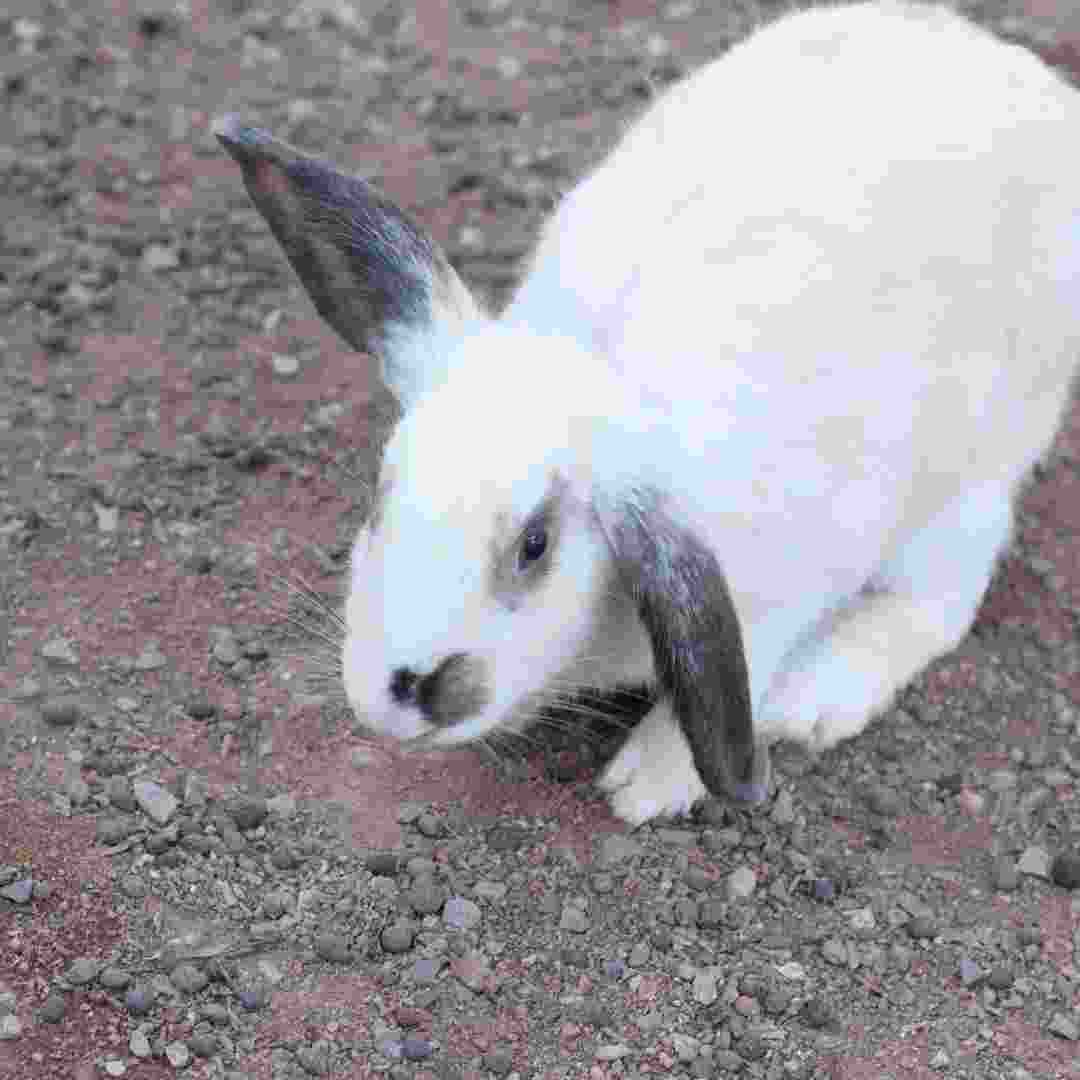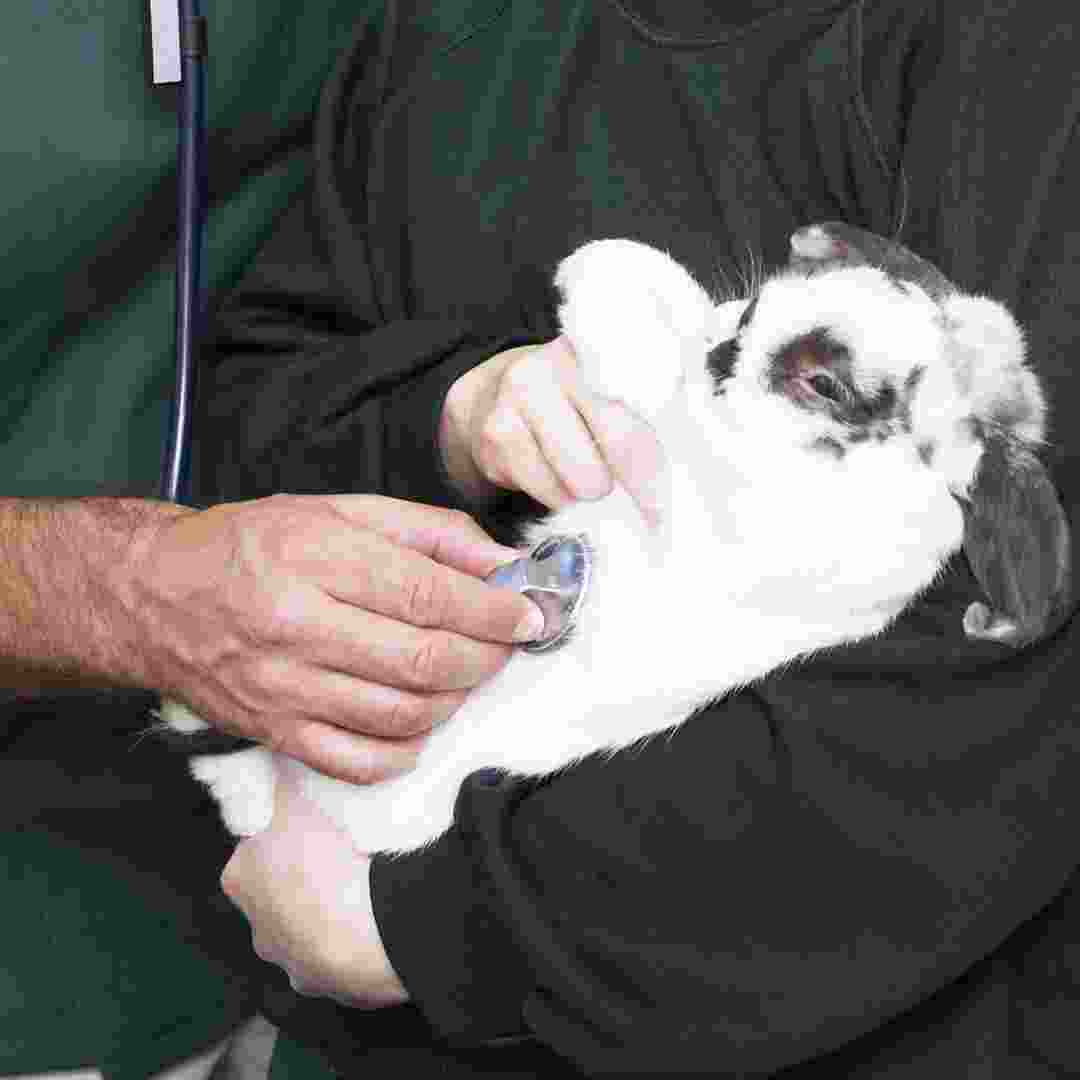Contents Table
Introduction
Common Rabbit Diseases and How to Detect Them
The Importance of Rabbit Vaccination
Sick Rabbit Care
Healthy Rabbit Diet Benefits
Regular Checkups Prevent Rabbit Illness
Q&A
Conclusion
Introduction
Rabbits, one of the most popular pets, make great pets. Rabbits can get sick like other pets. Rabbit owners should know the symptoms of common rabbit ailments so they can get their pet medical help quickly. This pag
Common Rabbit Diseases and How to Detect Them
Rabbits are lovely pets but susceptible to sickness. Know the common rabbit diseases and how to recognise them.
Pasteurellosis, caused by Pasteurella multocida, is a frequent rabbit disease. Environmental bacteria can spread through interaction with other animals or infected objects. Pasteurellosis causes sneeze, nasal discharge, and breathing problems. Untreated infection can cause pneumonia.
Ear mites are another prevalent rabbit disease. Rabbit ear mites can irritate and inflame. Head shaking, ear scratching, and black or brown ear discharge are ear mite symptoms.
Rabbits can also develop gastrointestinal stasis, which slows or stops digestion. Lethargy, lack of appetite, and soft, foul faeces are symptoms of gastrointestinal stasis. Not handled, this illness can kill.
Snuffles, caused by Bordetella bronchiseptica, can also affect rabbits. Snuffles cause sneezing, nasal discharge, and breathing problems. Untreated infection can cause pneumonia.
Know the common rabbit diseases and how to recognise them. If your rabbit exhibits any of the aforementioned symptoms, take it to the vet. Early detection and treatment can prevent major issues.
The Importance of Rabbit Vaccination
Responsible pet ownership includes rabbit vaccination. Vaccines protect rabbits from myxomatosis, rabbit haemorrhagic disease (RHD), and rabbit calicivirus. Vaccinating your rabbit is the greatest method to keep them healthy.
Myxomatosis is a contagious rabbit virus. It can be lethal if left untreated and spread by fleas and mosquitoes. Swollen eyes, ears, and genitals and skin lesions are myxomatosis symptoms. The only way to prevent your rabbit from this disease is vaccination.
Another deadly rabbit disease is rabbit haemorrhagic disease (RHD). Contact with infected rabbits, urine, or excrement spreads the virus. RHD causes fever, tiredness, appetite loss, and respiratory problems. The only way to prevent your rabbit from this disease is vaccination.
Rabbit calicivirus (RCV) is very infectious. The disease is transferred by rabbit urine, faeces, or touch. RCV causes fever, tiredness, appetite loss, and breathing problems. The only way to prevent your rabbit from this disease is vaccination.
Vaccinating your rabbit is the greatest method to keep them healthy. Safe and effective vaccines can protect your rabbit from several serious and potentially fatal diseases. Contact your vet to discover which immunisations are right for your rabbit and how to administer them. Rabbit vaccination is part of good pet keeping and can help your pet live long and healthy.
Sick Rabbit Care
You must provide your sick rabbit the greatest care, which can be difficult. Sick rabbit care tips are here.
1. Check your rabbit's temperature. Healthy rabbits should be 101–103 degrees Fahrenheit. Consult your vet immediately if your rabbit's temperature is higher.
2. Make others feel at ease. Provide a comfortable, quiet spot for your rabbit to rest. Keep the place clean and draft-free with plenty of comfortable bedding.
3. Provide your rabbit with healthy food. Provide your rabbit with fresh produce and hay. Avoid offering your rabbit processed or sugary snacks.
4. Supply fresh water. Provide your rabbit with clean, fresh water at all times.
5. Watch your rabbit. Look for signs of lethargy, decreased appetite, or trouble breathing in your rabbit. Consult your vet immediately if you see these indicators.
6. Give your vet-prescribed meds. Give your rabbit pills according to your vet's instructions.
Ill rabbits are hard to care for, but it's necessary to do so. Follow these ideas to help your rabbit get healthier.
Healthy Rabbit Diet Benefits
Healthy eating is vital for rabbits. Herbivores like rabbits eat plants. Hay, fresh veggies, and a few pellets make a nutritious rabbit diet. Rabbit owners may ensure their pets get the nutrition they need by feeding them well.
Hay is a rabbit's main food. It should be their main daily intake. Hay provides important fibre for optimal digestion. It also erodes their growing teeth. The most recommended rabbit hay is Timothy, which is strong in fibre and low in protein and calcium.
Rabbits need fresh vegetables too. Vitamins, minerals, and fibre are in vegetables. Dark leafy greens like kale, spinach, and collards are healthful. Carrots, celery, and bell peppers are also options. These are sugary, so give them sparingly.
Finally, a rabbit should eat some pellets. Pellets are a concentrated source of nutrients and should not exceed 10% of daily intake. When choosing pellets, choose rabbit-specific brands.
Rabbit owners may ensure their pets get the nutrition they need by feeding them well. Hay, fresh veggies, plus a few pellets make a healthy meal. Rabbits may live long and healthy with the appropriate nutrition.
Regular Checkups Prevent Rabbit Illness
Regular vet visits help keep your rabbit healthy and disease-free. Regular vet visits help detect health issues in your rabbit before they become serious. Regular checkups can avoid rabbit sickness.
Your rabbit needs a physical exam at the vet at least once a year. Your rabbit's eyes, ears, teeth, and fur will be examined by the vet for signs of disease or damage. They will assess your rabbit's health and weight. Use this time to ask the vet about your rabbit's health.
Second, update your rabbit's vaccines. Vaccinations prevent rabbits against some diseases. Your vet can help you choose rabbit immunisations from a schedule.
Third, keep your rabbit's environment clean and safe. Keep your rabbit's cage clean and free of sharp objects and other risks. Provide your rabbit with fresh food and water at all times.
Finally, monitor your rabbit for disease. Immediately take your rabbit to the clinic if its behaviour or appearance changes. Early diagnosis and treatment can avert more serious health complications.
Follow these tips to prevent rabbit disease with regular checkups. Your rabbit needs regular checkups to stay healthy and happy.

Q&A
1. Can rabbits get sick?
Rabbits get sick like other animals. Rabbits often get lung infections, ear mites, and stomach issues.
2. What are ill rabbit symptoms?
A sick rabbit may have lethargy, weight loss, runny nose or eyes, and behavioural abnormalities.
3. How can I keep my rabbit healthy?
The easiest approach to keep your rabbit healthy is to clean their environment and feed them well. Regular vet appointments and immunisations can also keep your rabbit healthy.
4. What to do if my rabbit is sick?
If you feel your rabbit is sick, take them to the vet immediately. The vet can identify and treat the issue.
5. How can I tell my bunny hurts?
Hunched posture, unwillingness to move, and behaviour changes can indicate rabbit suffering. Take your rabbit to the vet immediately if you suspect pain.
Conclusion
In conclusion, rabbits can get sick like other animals. They are prone to parasites, bacterial and viral infections, and malignancy. Your rabbit needs a balanced diet, a clean environment, and frequent medical visits to stay healthy. You can keep your rabbit healthy and happy by following these instructions.
